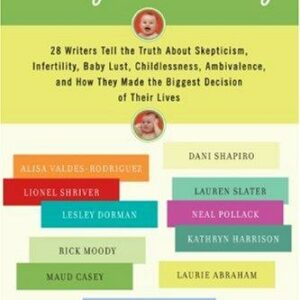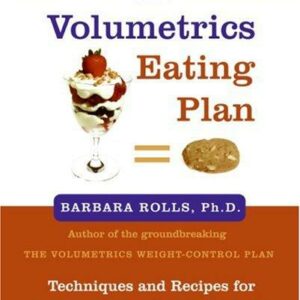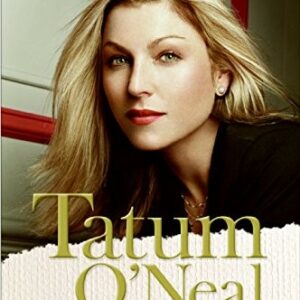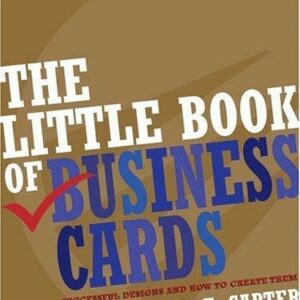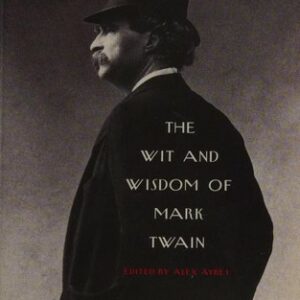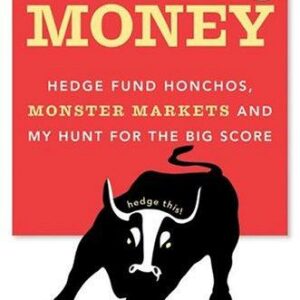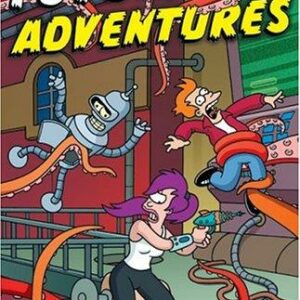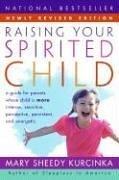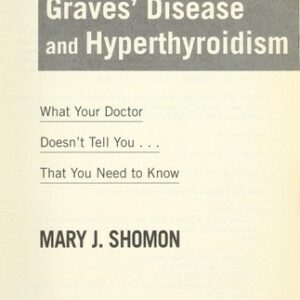Cuerpos extraños: Pandemias, vacunas y salud de las naciones / Foreign Bodies: Pandemics, Vaccines, and the Health of Nation s
$24.95
| Title | Range | Discount |
|---|---|---|
| Trade Discount | 5 + | 25% |
- Description
- Additional information
Description
La narración perfecta de una historia de miedo, ingenio, persecución, colaboración y grandes logros, por el aclamado historiador Simon Schama.
Países sumidos en el pánico, desesperados por conseguir vacunas, pero temerosos del efecto de las dosis. Lo hemos vivido con la COVID-19. En esta épica historia de pandemias y vacunas el historiador Simon Schama describe cómo humanos y virus han convivido durante milenios y cómo la humanidad se ha visto atrapada entre el terror al contagio y el ingenio de la ciencia.
Con minuciosas explicaciones sobre los estragos de la viruela, el cólera o la peste, se engarzan apasionantes relatos y se presenta a un inolvidable elenco de personajes y ejemplos históricos, cruzando fronteras entre Oriente y Occidente con los que Schama demuestra que la erradicación de las enfermedades es una tarea no solo científica, sino también política, cultural y personal.
En el meollo de la narración, un héroe olvidado: Waldemar Haffkine, estudiante judío, pistolero de Odesa convertido en microbiólogo del Insituto Pasteur y aclamado en Inglaterra como «salvador de la humanidad» por crear la primera línea de producción masiva de vacunas en Bombay e inmunizar a millones de personas contra el cólera y la peste bubónica.
Este libro es también un firme recordatorio de la interconexión que nos vincula a la naturaleza y a nuestra propia especie. En última instancia, defiende Schama, afrontamos juntos determinados retos de nuestro tiempo, como por ejemplo la lucha contra peligrosas infecciones. En esos momentos, «no hay extranjeros, solo familiares».
ENGLISH DESCRIPTION
A vibrant cultural history investigating pandemics and vaccines, by bestselling author and historian Simon Schama
Cities and countries engulfed by panic and death, desperate for vaccines but fearful of what inoculation may bring. This is what the world has just gone through with Covid-19. But as Simon Schama shows in his epic history of vulnerable humanity caught between the terror of contagion and the ingenuity of science, it has happened before.
Characteristically, Schama’s message is delivered through gripping, page-turning stories set in the eighteenth and nineteenth centuries: smallpox strikes London; cholera hits Paris; plague comes to India. Threading through the scenes of terror, suffering and hope – in hospitals and prisons, palaces, and slums – are an unforgettable cast of characters: a philosopher-playwright burning up with smallpox in a country chateau; a vaccinating doctor paying house calls in Halifax; a woman doctor in south India driving her inoculator-carriage through the stricken streets as dead monkeys drop from the trees. But we are also in the labs when great, life-saving breakthroughs happen, in Paris, Hong Kong, and Mumbai.
At the heart of it all is an unsung hero: Waldemar Haffkine, a gun-toting Jewish student in Odesa turned microbiologist at the Pasteur Institute, hailed in England as “the saviour of mankind” for vaccinating millions against cholera and bubonic plague in British India while being cold-shouldered by the medical establishment of the Raj. Creator of the world’s first mass production line of vaccines in Mumbai, he is tragically brought down in an act of shocking injustice.
Foreign Bodies crosses borders between east and west, Asia and Europe, the worlds of rich and poor, politics and science. Its thrilling story carries with it the credo of its author on the interconnectedness of humanity and nature, of the powerful and the people. Ultimately, Schama says, as we face the challenges of our times together, “there are no foreigners, only familiars.”Sir Simon Schama, miembro de la Excelentísima Orden del Imperio Británico, es profesor de Historia del arte en la Universidad de Columbia, integrante de la Academia Británica, miembro de la Real Sociedad de Literatura y colabora como editor en el Financial Times.
Es autor de dieciocho libros que han sido traducidos a dieciséis idiomas además de guionista y presentador de cincuenta documentales sobre arte, historia y literatura para la BBC2 y la PBS. Fue crítico de arte para The New Yorker en la década de los noventa y ganó en 1996 el National Magazine Award por su crítica Confesiones y Encargos: Ensayos de Arte.
Su película sobre Bernini ganó un Emmy y su serie A History of Britain ganó el Broadcast Critics Guild Award. Su obra sobre Historia del arte incluye Los ojos de Rembrandt (1999), El Poder del Arte (2006) y The Face of Britain (2015).
Ha sido galardonado con numerosos premios internacionales, entre los cuales cabe destacar el premio NCR de no ficción por Ciudadanos. Una crónica de la revolución francesa, el WH Smith Literary Award por Landscape and Memory y el National Book Critics Circle Award por Rough Crossings: Britain, the Slaves and the American Revolution. Su último libro, Historia de los Judíos Vol. II – Pertenencia, 1492-1900 fue preseleccionado para el Baillie-Gifford Prize y estuvo entre los mejores libros del 2017 según The Economist.
Durante el último año y medio ha trabajado en la BBC/PBS para la serie sobre Historia mundial del arte, Civilizations.ES
Additional information
| Weight | 22.6 oz |
|---|---|
| Dimensions | 1.3400 × 5.9400 × 9.0600 in |
| Imprint | |
| Format | |
| ISBN-13 | |
| Author | |
| Audience | |
| BISAC | |
| Subjects | historial social, plagas y enfermedades en la historia, peste negra, pandemias vacunas y salud de las naciones, pandemias, de medicina principiantes, investigacion cientifica, instituto pasteur, colera, analisis organizaciones medicas, analisis instituciones medicas, SARSCOV2, medicina dummies, castellano, geopolitica, coronavirus, historia cultural, historia de la medicina, organizacion mundial de la salud, oms, medicina accesorios, medicina, antropologia, enfermedades, aprender idiomas, HEA050000, SCI099000, dummies, COVID 19, health |


